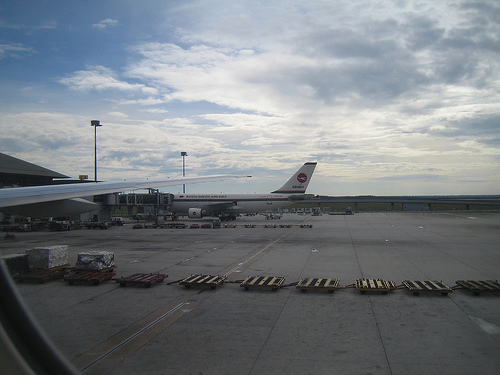The advent of modern technology has expanded the job market for many industries, but for a while it hindered the success of travel agencies across the country. Do-it-yourself booking and a library of lodging and air fare resources available online caused many people to switch to these cost-effective alternatives. However, continued experience with these platforms has proven to many customers that the axiom “you get what you pay for” rings true when it comes to booking a trip without the help of a professional. As a result, many travelers are resorting to their old methods of acquiring expert advice before planning important trips.
The Development of the Travel Industry

Before the onset of the Internet and other high-tech tools, travel agents constituted the primary resource people could turn to when they wanted to book a trip anywhere from Chicagoto Paris to Tokyo. The Internet offered an alternative option for travelers to choose, which seemed to satisfy the needs of customers for a short while. However, as modern technology became more sophisticated, so did the services of the travel industry. With greater knowledge and experience working with airlines, hotels, and other travel-relevant companies across the world, travel agents offered travelers a much better guarantee than the comments of consumer review sites or the sometimes-misleading travel pictures.
As a result of this heightened experience and service availability, the appeal of travel agents has continually increased as travelers grow tired of spending several hours researching companies to accommodate their needs. To point to evidence that attests to the fact that the travel industry is growing, the New York Times reported that 2011 was the second consecutive year that travel agencies experienced a growth in profits. Put in numerical terms, travel agencies took home a third of a $284 billion pie that the United States travel market generated in the same year.
Compensating for the Weaknesses of the Web
The expansiveness of the Internet has made booking a trip online less convenient than many travelers might have anticipated. Although no definitive research has revealed exactly why more travelers are turning to travel agencies, many experts speculate that the convenience of choosing a professional carries a lot of weight in this decision. Steve Peterson, global travel and transportation leader for I.B.M. Institute for Business Value, is quoted in the New York Times explaining, “It’s come to a point that it’s too much information to be confident that they have the ability to book the lowest fare.” He continues, “Consumers are hungry for that one-and-done shopping experience.”
These statements are consistent with a survey Peterson conducted earlier this year, which revealed that 20 percent of a group of 2,000 travelers reported that it took them over five hours to research and book travel plans online. More than half surveyed reported an investment of more than two hours of their time.
For the thrifty among us, paying a travel agent to help you find a better deal on your travel plans can initially seem counterproductive. However, when put in the perspective of the heightened expertise and resources a travel agent has at their disposal—not to mention the amount of time it saves on the traveler’s end—this choice is often the more economically-efficient and logical decision. Data remains consistent with this fact, which bodes well for the future of the industry.


